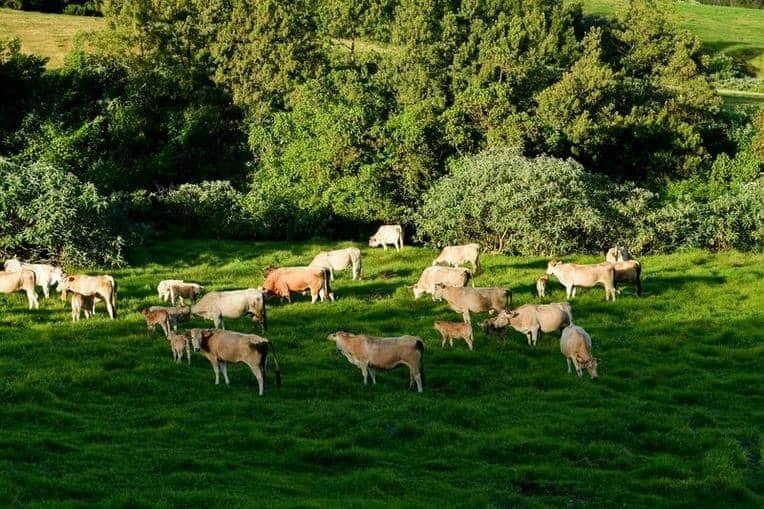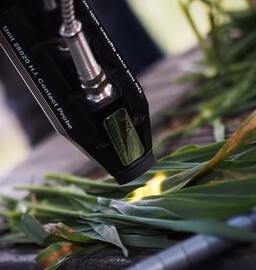ARChE_Net network & ECLIPSE project
Last update: 12 May 2023
Thinking about the adaptation of livestock systems to environmental and socio-economic changes.
Since 2012, the ARChE_Net Network has brought together thirty key players from seven countries in the Indian Ocean zone (Reunion Island (France), Madagascar and the Comoros, South Africa and Mozambique and also India). It aims to propose and asses new livestock strategies more resilient to environmental changes.
Among its projects, the ECLIPSE project (Emerging Crop and LIvestock Production Systems adapted to a changing Environment) funded by Europe (under the FEDER INTERREG V) and the Reunion Region, focuses on the whole livestock systems and its components. Its specific objectives are to :
- Characterize new feed resources for livestock,
- Assess the performance of local animal races regarding high temperatures and thus assess their adaptive capacities;
- At the scale of the whole system, to measure the inflow and outflow of biomass and to estimate greenhouse gas balances.
Among the innovations mobilized or produced :
- FAST (Forage Adaptation Selection Tool) is a decision support tool to help choosing from a wide range of technical options, the forage species to be implemented and the optimal ways of managing forage systems, depending on the farm environment (climate, soil) and farmers' strategies (type of animals, type of production, level of inputs, etc.) The tool is an update of the "Tropical Forages" software (http://www.tropicalforages.info/ ), developed by CSIRO in Australia. The database associated with the expert system includes information on a large number of tropical and temperate forage species. These data were acquired by the CSIRO and enhanced by observations made in Réunion and Madagascar.
-
NIRS (Near-InfraRed Spectrophotometry) is used for the evaluation of the composition and the nutritive value (in nitrogen, phosphorus and potassium) of forages and soil composition in situ, on the farm and in real time. Spectral databases and calibrations have been developed over time in order to characterize these compositions, facilitating the management of available natural resources (spatio-temporal variability of forage composition and soil fertility variability) and enabling permanent adjustment of farm management methods towards more economical and ecological management (reduction of inputs such as mineral fertilizers and food supplements). The originality of the tools developed lies essentially in their portability. The reference spectral database on forage in the Indian Ocean zone is regularly updated and enriched with new forage (green forages, silage, hay) and is now a unique tool for assessing the composition of a wide range of forage.
Last update: 12 May 2023


